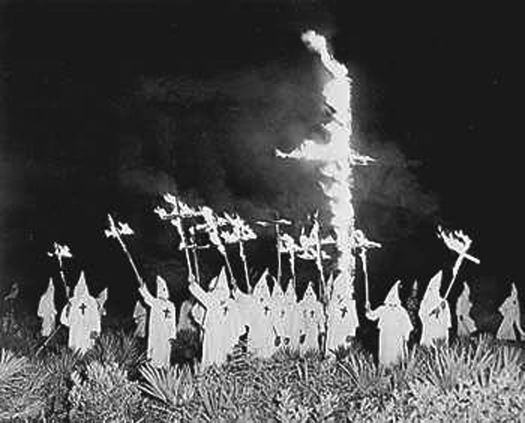| << Chapter < Page | Chapter >> Page > |
Although people who leak secret information to the media can still be prosecuted and punished, this does not generally extend to reporters and news outlets that pass that information on to the public. The Edward Snowden case is another good case in point. Snowden himself, rather than those involved in promoting the information that he shared, is the object of criminal prosecution.
Furthermore, the courts have recognized that government officials and other public figures might try to silence press criticism and avoid unfavorable news coverage by threatening a lawsuit for defamation of character. In the 1964
New York Times v. Sullivan case, the Supreme Court decided that public figures needed to demonstrate not only that a negative press statement about them was untrue but also that the statement was published or made with either malicious intent or “reckless disregard” for the truth.
The right to freedom of expression is not absolute; several key restrictions limit our ability to speak or publish opinions under certain circumstances. We have seen that the Constitution protects most forms of offensive and unpopular expression, particularly political speech; however,
incitement of a criminal act, “fighting words,” and genuine threats are not protected. So, for example, you can’t point at someone in front of an angry crowd and shout, “Let’s beat up that guy!” And the Supreme Court has allowed laws that ban threatening symbolic speech, such as burning a cross on the lawn of an African American family’s home (
[link] ).

Another key exception to the right to freedom of expression is
obscenity , acts or statements that are extremely offensive under current societal standards. Defining obscenity has been something of a challenge for the courts; Supreme Court Justice Potter
Stewart famously said of obscenity, having watched pornography in the Supreme Court building, “I know it when I see it.” Into the early twentieth century, written work was frequently banned as being obscene, including works by noted authors such as James Joyce and Henry Miller, although today it is rare for the courts to uphold obscenity charges for written material alone. In 1973, the Supreme Court established the
Miller test for deciding whether something is obscene: “(a) whether the average person, applying contemporary community standards, would find that the work, taken as a whole, appeals to the prurient interest, (b) whether the work depicts or describes, in a patently offensive way, sexual conduct specifically defined by the applicable state law; and (c) whether the work, taken as a whole, lacks serious literary, artistic, political, or scientific value.”

Notification Switch
Would you like to follow the 'American government' conversation and receive update notifications?